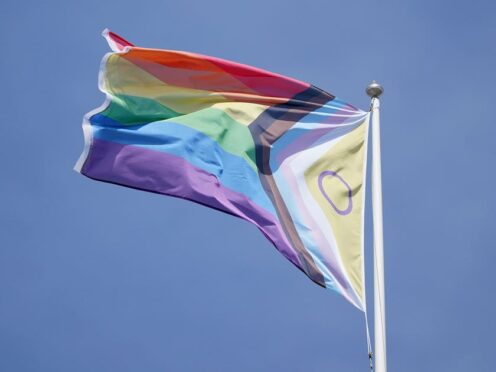
Proposals to criminalise conversion practices in Scotland must be refined to avoid banning legitimate behaviour, senior lawyers have warned.
The Law Society of Scotland, while generally in favour of the draft legislation, has expressed fears genuine practices like cognitive behaviour therapies or those seeking support for “conflictual feelings” over their sexuality could be impacted by the current proposals.
A submission to the Scottish Government’s consultation paper, launched as part of its plans to ban practices which sees people attempt to change or suppress the gender identity or sexual orientation of others, states the current plans are “too broad”.
It calls on ministers to take a “fair and proportionate response” to any new criminal legislation.
In a consultation response from the professional body of Scottish solicitors, concerns are raised the legislation must be clear to ““avoid the inadvertent criminalisation of innocuous conduct that would ordinarily be considered to fall far below the threshold of criminality”.
The consultation response goes on to address specific concerns that the proposals should not include therapies to help people address “conflictual feelings” over their sexual identity.
The Scottish Government document states that non-directive or “non-coercive discussions, questioning, guidance or general parental direction” would not be considered conversion practices – but lawyers state these therapies may be “inadvertently criminalised”.
John Mulholland, convener of the Law Society’s public policy committee, said: “We support this policy’s aims around conversion practices that cause harm and distress to people because of fundamental aspects of who they are, but believe this draft legislation is too broad.
“New laws, particularly criminal legislation, must be shown to be necessary and a fair and reasonable means of addressing a clearly identified problem.
“Such laws must be clear and meticulously drafted to ensure that innocent conduct is not criminalised.
“This proposed legislation currently does not meet these fundamental requirements, and significant refinement is needed so it doesn’t capture circumstances which should be beyond legal reproach. For example, we believe it could apply to common forms of therapy such as cognitive behavioural therapy.
“We are supportive of the proposed approach to use a combination of criminal and civil measures to target harmful conversion practices, but believe the focus should be on using civil provisions in the first instance.”
A Scottish Government spokesperson said: “Conversion practices, which aim to change or suppress a person’s sexual orientation or gender identity, are damaging and destructive acts that violate human rights. Sadly, these practices still happen and have absolutely no place in Scotland.
“Our proposals are focused on situations where a service is provided or where there is coercive behaviour, using acts that are threatening, abusive, humiliating, punishing or controlling of day-to-day actions, which is carried out consistently or repeatedly.
“In each case there must be a specific intention to change or suppress another person’s sexual orientation or gender identity and harm must have been caused. The proposals recognise and respect the existing legal rights to freedom of thought, conscience and belief and private and family life as well as parents exercising their rights and responsibilities in relation to their children.
“The responses received will now be analysed and considered to inform the Bill the Scottish Government will introduce into Parliament in due course.”

Enjoy the convenience of having The Sunday Post delivered as a digital ePaper straight to your smartphone, tablet or computer.
Subscribe for only £5.49 a month and enjoy all the benefits of the printed paper as a digital replica.
Subscribe